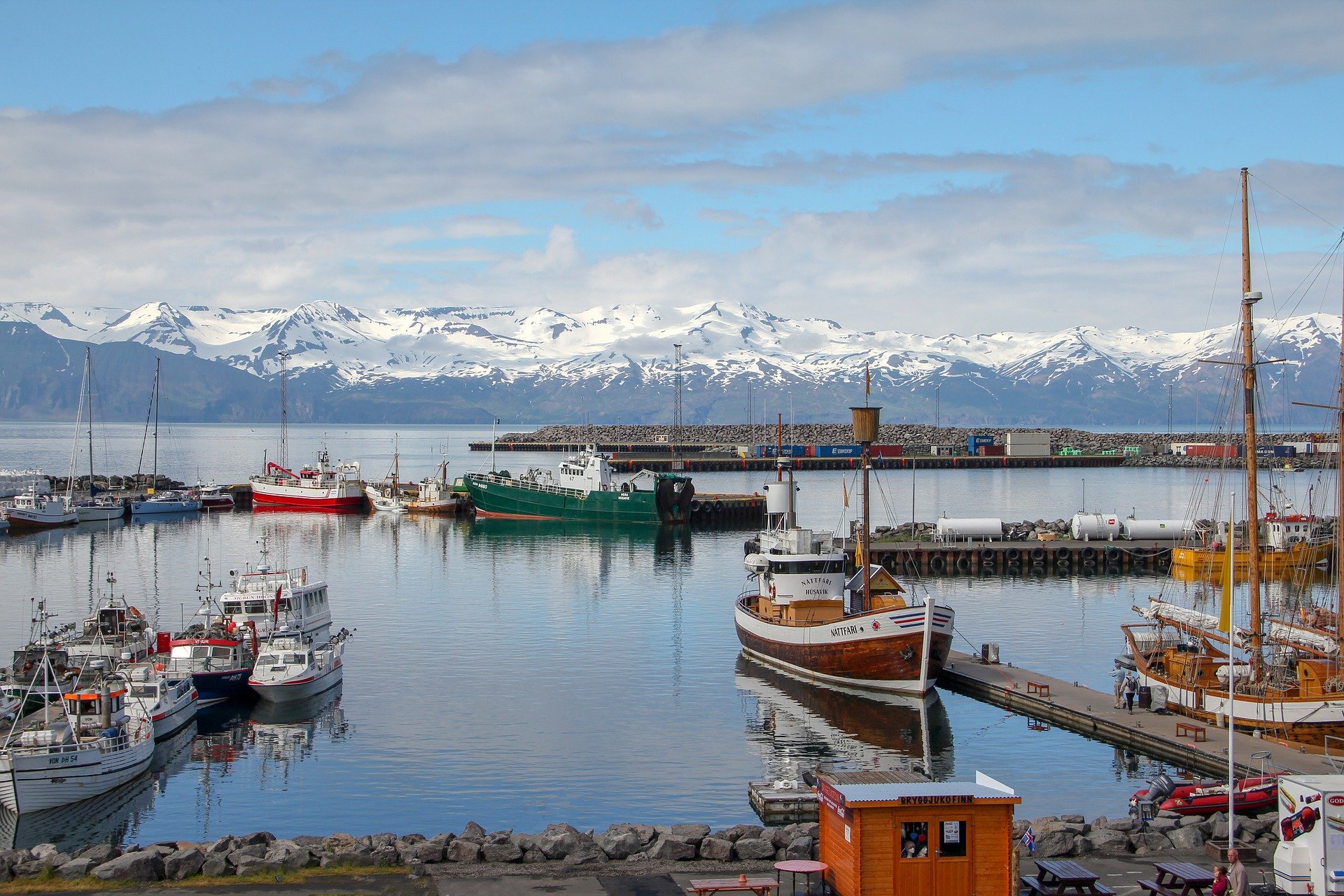Are the Nordics actual socialist countries?
There is always a misconception about Scandinavia and Norway being socialist countries. This is, however, not true because they are capitalist, with a more subtle approach. In this article, we will elaborate on the societal model adopted in Nordic countries.
There is such a thing as Scandinavian socialism, which could be an instrument of hope for the world or the worst thing to happen. So it all depends. Just like any other system, this system has its benefits and its shortcomings.
What is socialism?
It is a political, economic, and social ideology that includes a variety of social and economic systems, which consist of the social ownership of enterprises and the means of production.
This is more of the philosophy of Engels and Marx during the 19th century. And this is not a practice in Northern Europe. This is because Nordic countries are not socialist.
Social democracy is the word that best describes Nordic societies and Scandinavia as a whole. They are all democratic countries with well-structured systems to take care of the needs of their citizens.
While some economists refer to this as democratic socialism, some refer to it as cuddly capitalism, as opposed to the tough capitals practiced in Western countries.
One thing that people really don’t take note of is how different all the various Nordic countries are. They all share a common history, but they are, in fact, very different. Their systems of government are not the same, but the concept is almost the same. We are discussing Scandinavia collectively because of how similar some of their features are.
It is important to note that the market is free in these countries, and a lot of people often ignore this. However, their economies are open for global trade just as do all other countries in the world. And their difference is mostly in the sector of welfare. One good thing about the Scandinavian system is that they have a high standard for social security as opposed to many other countries in the world.
The Nordic system has brought about a good mix of socialism and capitalism in countries such as Norway. And a good example of this is seen in the casino business. Under a socialist nation, they would never exist due to its conflict with the core values of the political system. However, in Norway nowadays, we do see both offline and online gambling on the Norwegian market. Offline gambling, in particular, is a topic of discussion. It is completely owned by the state. But here is where the mix comes in. Gambling, in general, is the most capitalist enterprise that exists, yet the fact that it is owned by the government puts the Norwegian model in this perspective like nothing else would.
The Nordic system
This system of governance in Scandinavia dates back to the 1930s and was promoted by farmers and the social unions that controlled the. One of the main aspects of this system is the social partnership. This means that for every work situation, there are rights exercised between employers and employees, and there are wage negotiations, thus employers’ union bargains wages. Also, there are provisions set for both employers and employees to pressure the government to arrange the various legations that directly affect employment.
There is a national minimum wage in Norway, Denmark, and Sweden, which defeats the purpose of such a bargain. However, other countries in the Nordic region negotiate wages according to the worth of the job. And even comparing this to other countries with set minimum wage rates, it is seen that, on average, the wage is higher than in places with a set minimum wage rate.
What the Nordic system consists of
The social system in Nordic countries is typically characterized by a number of key facts:
- Citizens enjoy a great public pension and social safety system funded by the economy’s relatively high taxes and public services.
- There are contract enforcement and strong property rights, which makes it generally easy to do business.
- There are benefits to globalism as the region is characterized by free trade and collective risk-sharing.
- Less regulation on market products
- It is recorded in 2015 that the level of corruption in this region is very low as all the Nordic countries ranked among the top 10 spots on the Corruption Perception Index.
- There is a high tax burden. Denmark has one of the highest tax rates globally. In the region, there are fixed tax rates, so even households with relatively low income pay high taxes.
- The government, unions, and businesses work together to ensure the success of the system. The region is characterized by high levels of unionism.
Challenges faced by the system
The system is facing challenges as the birthrate in the regions is low, and the population is made mostly of the aging population, so the number of individuals paying taxes is slowly on a decline. This is a problem faced by many developed countries. And this is bad for the Nordic region because it directly affects their societal model.

